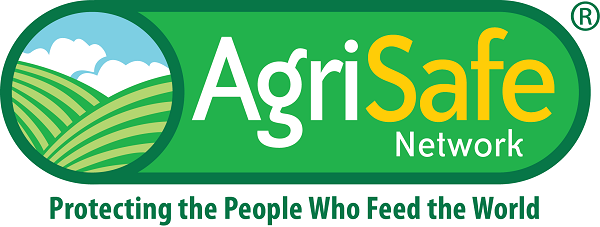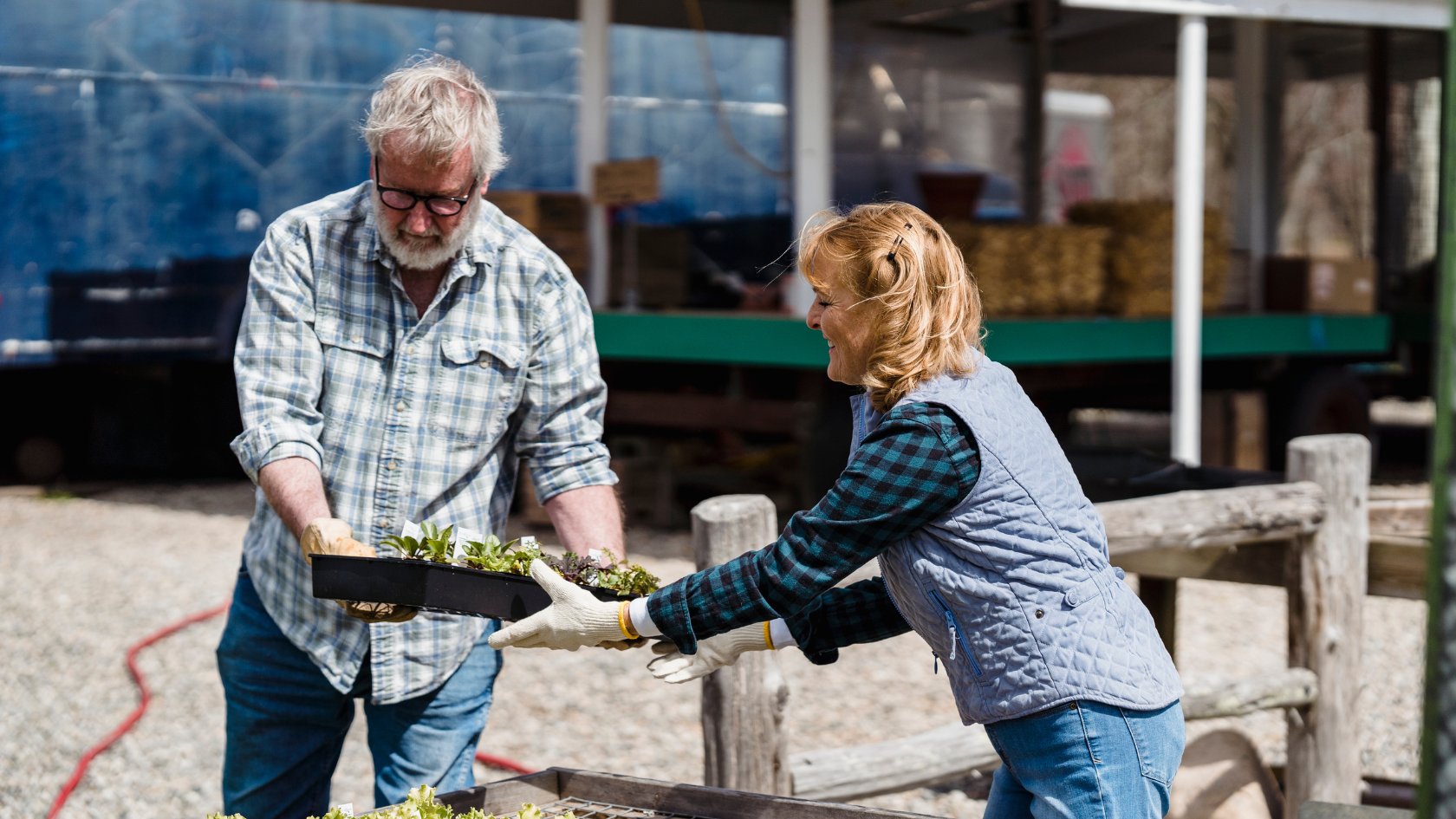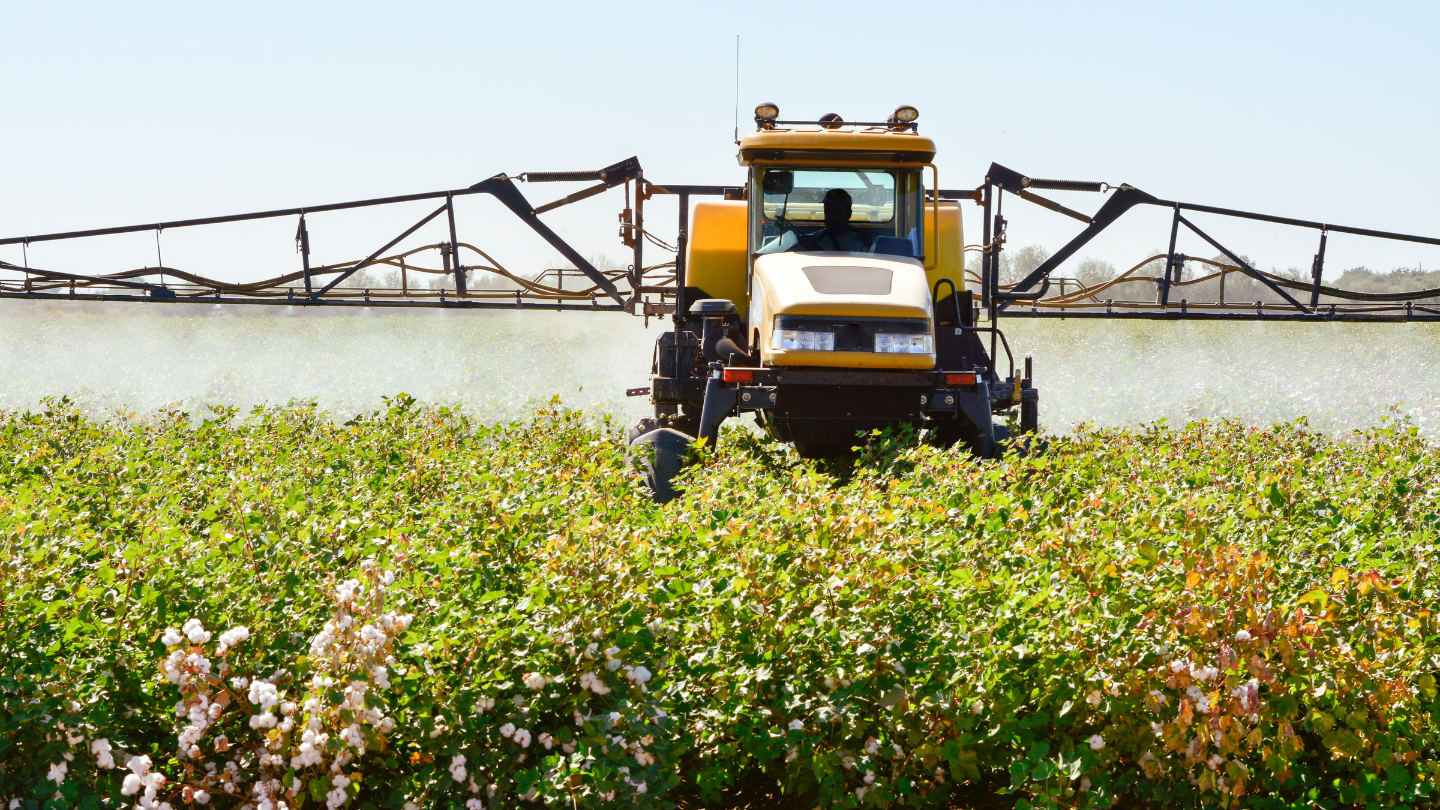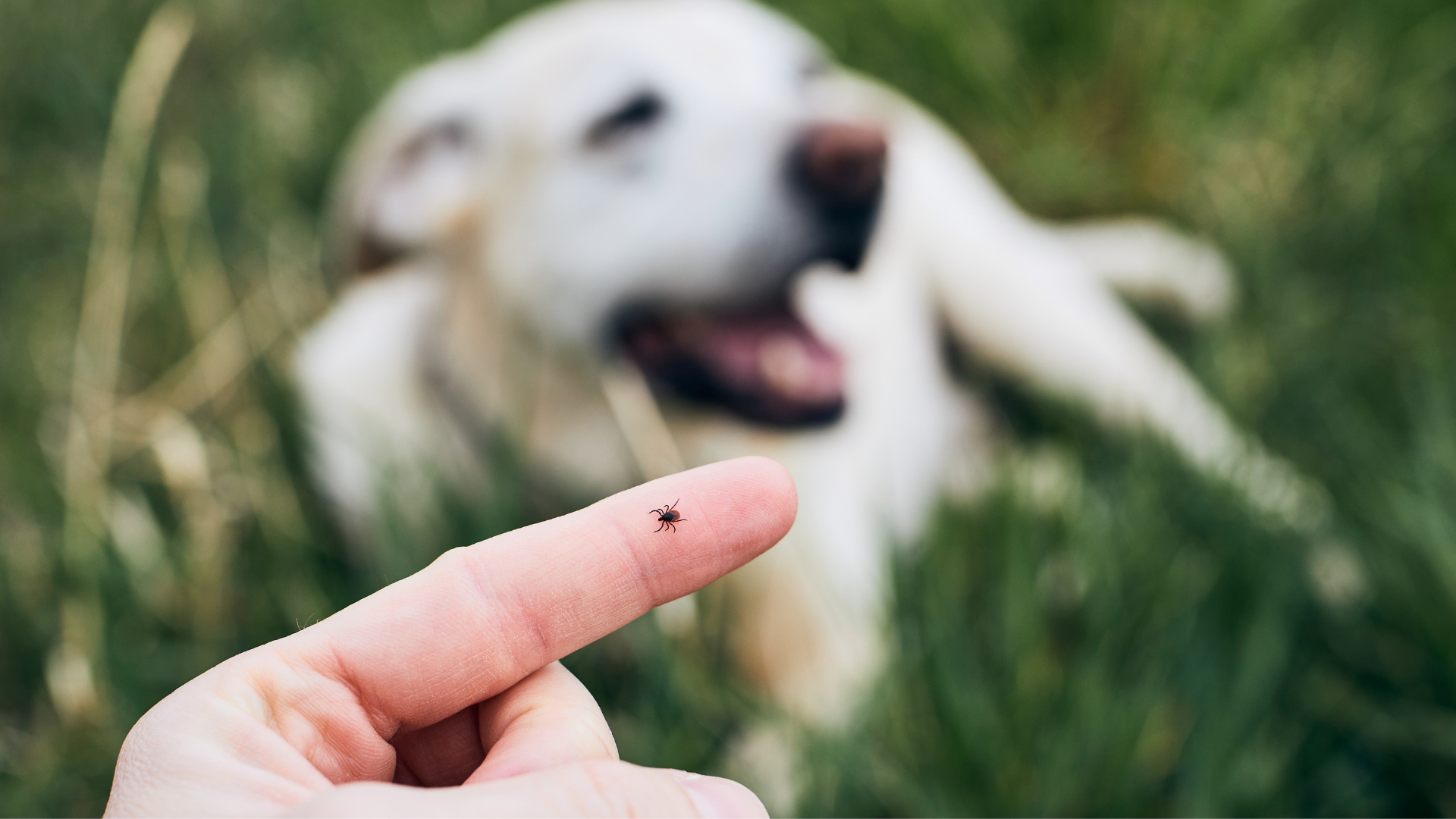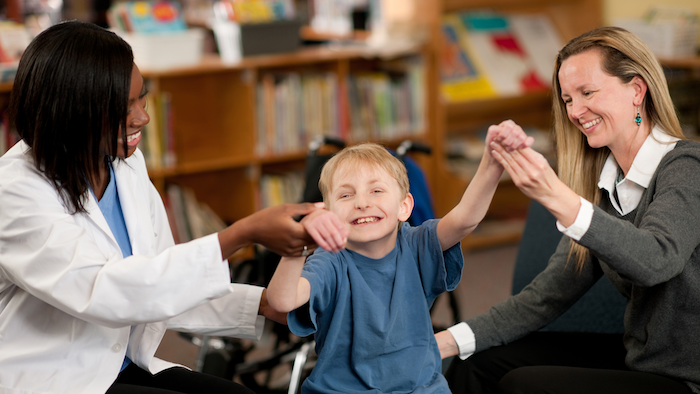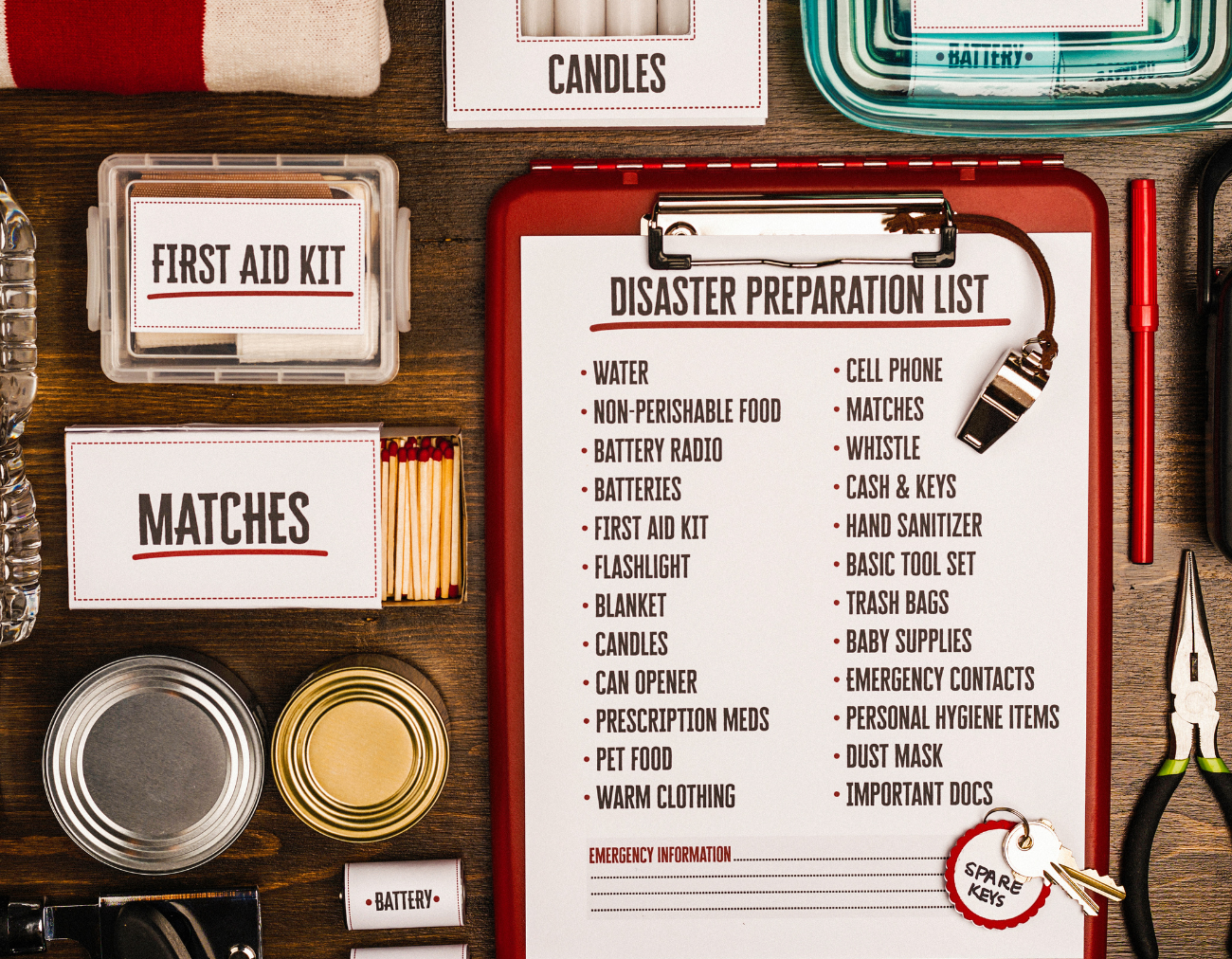AgriSafe Learning
Catalog Advanced Search
-
Contains 5 Component(s), Includes Credits Includes a Live Web Event on 06/18/2025 at 10:00 AM (CDT)
CALM (Conversations on Access to Lethal Means) is a suicide prevention training that encourages safe storage of lethal means (firearms and medications) during a suicidal crisis. By temporarily putting time and distance between a suicidal person and highly lethal means, a life may be saved. CALM: Counseling on Access to Lethal Means was originally created as a workshop designed for mental health professionals.
Summary: CALM (Conversations on Access to Lethal Means) is a suicide prevention training that encourages the safe storage of lethal means (firearms and medications) during a suicidal crisis. By temporarily putting time and distance between a suicidal person and highly lethal means, a life may be saved. CALM: Counseling on Access to Lethal Means was originally created as a workshop designed for mental health professionals.
Conversations on Access to Lethal Means were developed for communities because everyone can benefit from this training. This training is not anti-gun or anti-drug and is designed to be a specific effective part of suicide prevention.
Intended Audience: All communities of interest in suicide prevention
Objectives: At the end of this webinar, participants will be able to…
- Increase their knowledge about suicide facts
- Learn how to inquire about the accessibility of lethal means
- Learn how to suggest safe storage
- Appraise results of lethal means reduction in countries outside the U.S.
- Practice their new skills through group discussion
Continuing Education for Multiple Disciplines: This course is jointly provided by the University of Michigan Center for Occupational Health and Safety Engineering.
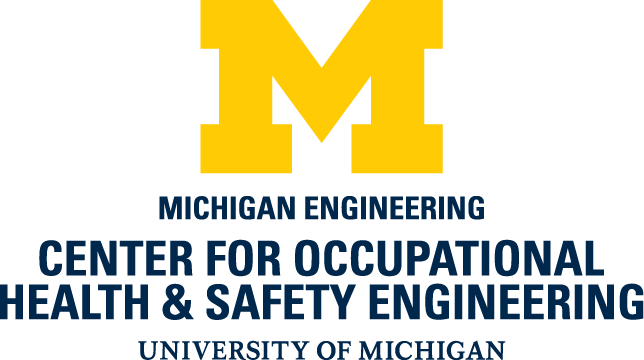
Continuing Education for Community Health Workers: This program provides 1.25 Hours of DSHS certified CHW and CHW-I CEUs (0.25 hr., Capacity Building Skills; 0.50 hr., Knowledge Based Skills; and 0.50 hr., Communication Skills).

-
Register
- Non-member - Free!
- Member - Free!
- More Information
-
Contains 7 Component(s), Includes Credits Includes a Live Web Event on 05/22/2025 at 11:00 AM (CDT)
What is QPR? QPR training teaches laypeople and professionals to recognize and respond to mental health crises using the approach of Question, Persuade and Refer. To attend this training participants must be 18 years of age or older. In this 1.5-hour QPR training, we will provide: Information on the unique challenges farmers face that can lead to stress, depression, and suicide. Examples implementing each QPR component with someone at risk for suicide. Information on how to help someone at risk of suicide. Registration spots are limited, so please only register if you can attend the event. No recording of this training will be available.
What is QPR? QPR training teaches laypeople and professionals to recognize and respond to mental health crises using the approach of Question, Persuade and Refer.
To attend this training participants must be 18 years of age or older.
In this 1.5-hour QPR training, we will provide:
- Information on the unique challenges farmers face that can lead to stress, depression, and suicide.
- Examples implementing each QPR component with someone at risk for suicide.
- Information on how to help someone at risk of suicide.
Registration spots are limited, so please only register if you can attend the event. No recording of this training will be available. Interested in hosting a QPR training session for your organization?
Continuing Education for Community Health Workers: CHW and/or CHW-I CEUs are available through the University of Texas at Tyler Health Science Center, Center for Community & Rural Health Education. See individual courses for additional information.

Continuing Education for Multiple Disciplines: The Southern California NIOSH Education and Research Center (SCERC) offers continuing education contact hours for this activity for a variety of professionals including: BGC for IH/CIH professionals, BCSP for ASP/CSP professionals, and Registered Environmental Health Specialists (REHS). For questions regarding continuing education requirements and this activity, please contact your credentialing organization. The SCERC is a REHS Continuing Education Accreditation Agency approved by the California Department of Public Health.
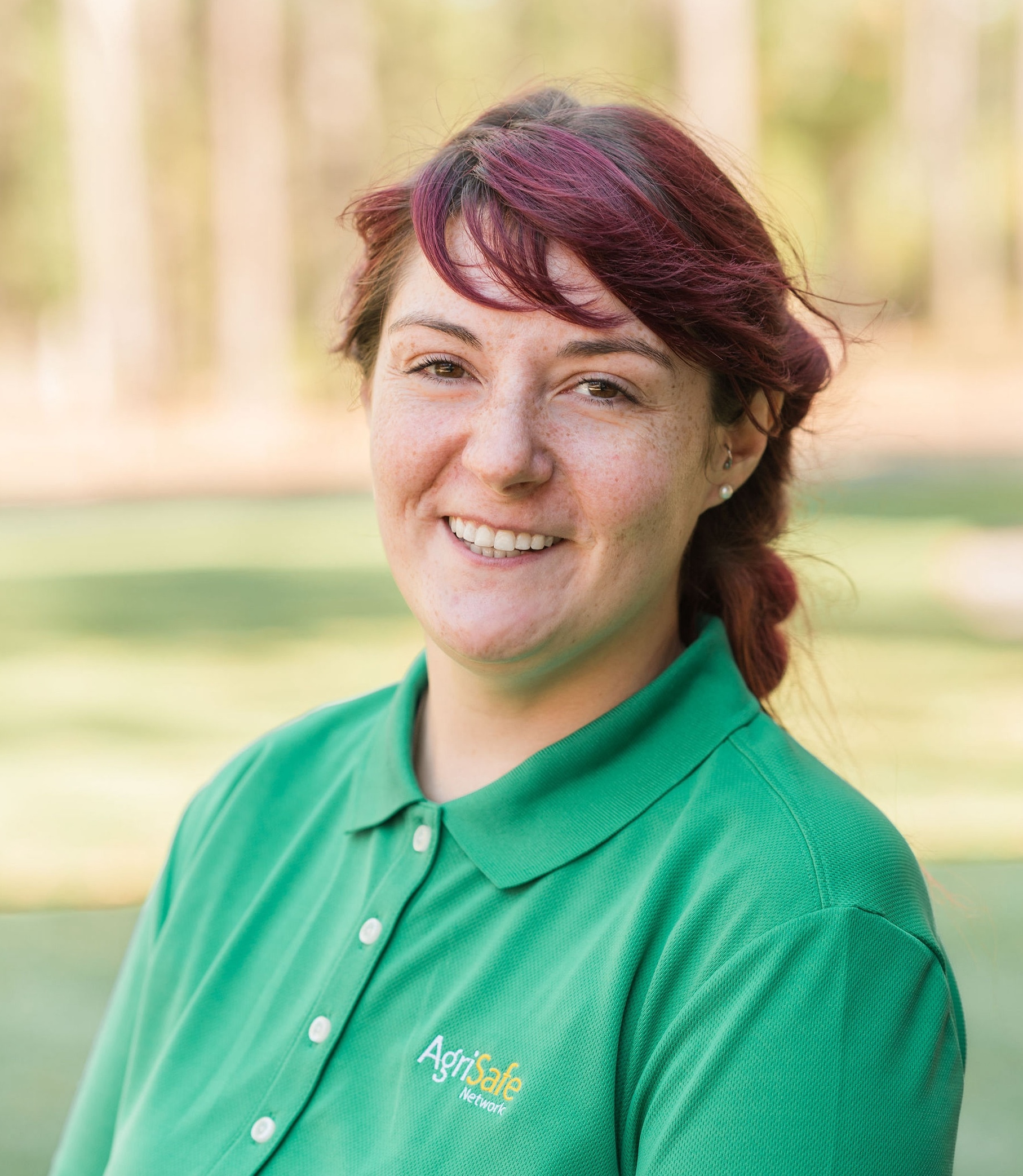
Laura Siegel, MA
Health Communications Officer
AgriSafe Network
Laura received her master’s degree in Writing, Rhetoric, and Technical Communication from James Madison University in 2021, with a concentration in Health and Scientific Communication. Her professional interests include supporting her local ag. community, increasing public health literacy, and decreasing the stigmas surrounding mental health disorders and substance use disorders.
Laura’s current projects include script arranging for AgriSafe’s Talking Total Farmer Health podcast, copyediting a broad range of content, developing digital content, helping with health communication initiatives, and marketing materials, and assisting the Web Technologies Librarian with website accessibility and digital content management.
-
Register
- Non-member - Free!
- Member - Free!
- More Information
-
Contains 3 Component(s), Includes Credits Includes a Live Web Event on 05/15/2025 at 12:00 PM (CDT)
Farming is one of the most dangerous occupations but also one of the most stressful. Yet, we often hear that farmers work through injuries, illnesses, or burnout even though doing so can delay recovery and in some cases, worsen their condition. In this webinar, Florence Becot from Pennsylvania State University and Andy Bater a member of the Pennsylvania Farm Bureau Board and of the AgriSafe Diversity, Equity, Inclusion, and Accessibility (DEIA) Advisory Council, will discuss why farmers continue working despite health challenges and highlight the importance of developing substitute labor solutions to support farmers’ well-being and farm business viability. As an example of a long-established model, Julien Deroo and Karim Cheurfa Molinier will present the French substitute farmer program, la “Fédération des Services de Remplacement”. Started 50 years ago, this network of 300 non-profit organizations across France serves a dual purpose. First, it provides substitute labor so that work on the farm can continue while farmers regain their health as well as when they need to be away from the farm for other purposes. Second, it serves as a workforce development platform for the agricultural sector as many of the substitute farmers earn practical experience in addition to their school training and/or already have hands-on farming experience. Created by farmers for farmers and managed by them through a mix of funding sources, its membership includes 67,000 farmer members (15% of the farming population in France) and 15,000 substitute farmers, and it has facilitated the substitution of 5 million work hours on farms last year. Agnes Papone, a farmer and elected representative of a “Service de Remplacement” in the southeast of France, will then share her family’s experience using the program. We will leave time for an interactive discussion with the audience about opportunities and challenges to develop substitute farmer programs in the U.S.
Summary: Farming is one of the most dangerous occupations but also one of the most stressful. Yet, we often hear that farmers work through injuries, illnesses, or burnout even though doing so can delay recovery and in some cases, worsen their condition. In this webinar, Florence Becot from Pennsylvania State University and Andy Bater a member of the Pennsylvania Farm Bureau Board will discuss why farmers continue working despite health challenges and highlight the importance of developing substitute labor solutions to support farmers’ well-being and farm business viability. As an example of a long-established model, Julien Deroo and Karim Cheurfa Molinier will present the French substitute farmer program, la “Fédération des Services de Remplacement”. Started 50 years ago, this network of 300 non-profit organizations across France serves a dual purpose. First, it provides substitute labor so that work on the farm can continue while farmers regain their health as well as when they need to be away from the farm for other purposes. Second, it serves as a workforce development platform for the agricultural sector as many of the substitute farmers earn practical experience in addition to their school training and/or already have hands-on farming experience.
Created by farmers for farmers and managed by them through a mix of funding sources, its membership includes 67,000 farmer members (15% of the farming population in France) and 15,000 substitute farmers, and it has facilitated the substitution of 5 million work hours on farms last year. Agnes Papone, a farmer and elected representative of a “Service de Remplacement” in the southeast of France, will then share her family’s experience using the program. We will leave time for an interactive discussion with the audience about opportunities and challenges to develop substitute farmer programs in the U.S.
Intended Audience: Farmer health and safety professionals, AgrAbility and FRSAN programs, CDC NIOSH Ag centers, researchers, representatives of farmer organizations, state and federal agencies of agriculture, staffers of legislators on agricultural committees
Objectives: At the end of the webinar, participants will be able to…
- Discuss factors impacting farmers’ ability to take time off to recover from health-related challenges.
- Describe the long-established French substitute farmer program to support farmers’ well-being and their farm operation’s viability. This includes how its goals, structure, and funding mode.
- Discuss opportunities and challenges to develop labor substitute programs in the U.S.
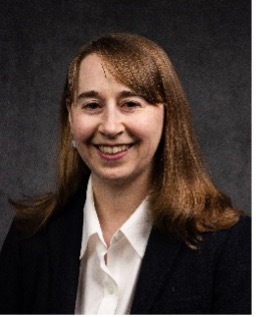
Florence Becot, PhD, MS
Rural Sociologist, Nationwide Insurance Early Career Professor in Agricultural Safety and Health
Pennsylvania State University
Florence Becot, PhD, MS, is a rural sociologist and the Nationwide Insurance Early Career Professor in Agricultural Safety and Health at the Pennsylvania State University. She also leads the Penn State Agricultural Safety and Health Program (ASH). Broadly speaking, her integrated research-extension program is intended to understand and support agricultural communities’ ability to meet their needs with an emphasis on their health, safety, well-being, and economic viability. Florence has done research and innovative solutions to support farm families’ social and economic needs in the U.S. and France.
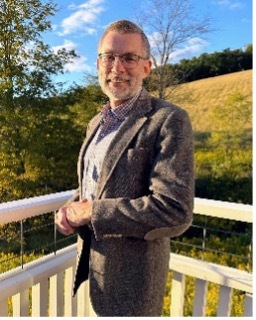
Andy Bater
Board Director
Pennsylvania Farm Bureau District 6 Board
Andy Bater, a fourth-generation farmer, serves on the Pennsylvania Farm Bureau State Board and chairs its Wildlife and Fisheries Committee. He also advises the Pennsylvania Food Policy Council and serves on the USDA Farm Service Agency State Committee. With over 25 years of experience in communications engineering, he coordinated industry recovery operations following 9/11 and oversaw facility restorations after Hurricane Katrina. He contributes to national technology policy through the FCC’s Precision Agriculture Task Force and the Commerce Spectrum Management Advisory Committee. Dedicated to well-being, Andy is a registered yoga instructor and collaborates with the AgriSafe Network to promote universal farmer access to healthcare. Most recently he has embarked on a One Health initiative with Penn State’s Colleges of Medicine and Nursing.
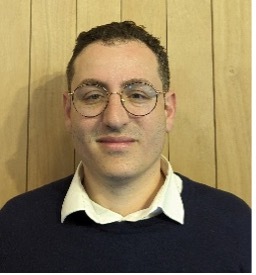
Karim Cheurfa Molinier, MS
Advisor
Service de Remplacement France
Holder of a DEA (equivalent master’s degree) in International Security and Defense, Karim Cheurfa Molinier began his career in Europe, notably at the French Embassy in Norway and the Generalitat Valenciana in Spain. ten years ago, he joined Service de Remplacement France as an advisor to support the development of structures. His role includes network support, representation with public authorities, and the management of key projects for the network, such as the creation of an ERP dedicated to the operation of the structures. He also leads communication projects, including a serious game.

Julien Deroo
Project Manager
Service de Remplacement France
With an academic background in geography, Julien has worked on issues related to the attractiveness and development of rural areas in France in the post-COVID context. For the past year and a half, Julien has been working as a project manager at Service de Remplacement France, leading initiatives to improve working conditions, enhance professional skills, and make the farmer substitute profession more attractive.

Agnès Papone
Voluntary Secretary General
Service de Remplacement France
Agnes started an organic and regenerative farm operation in the southern French Alps in 2010 with her husband, Renaud. They took an abandoned family farm, brought it back to life and into production as a lifestyle change from a background in Public Health research in HIV prevention science with the University of California -LA in South Africa. In 2019, Renaud suffered from a work-related burn-out and needed to radically rest and recover for an extended period. As longstanding members of the “Service de Replacement”, the substitute labor program which was invaluable in providing labour, advice, and moral support to help overcome and weather the storm. Agnès has been the “Service de Remplacement” voluntary secretary general (board member) since 2020 and as such has trained in suicide prevention/watch and first aid for mental health.
-
Register
- Non-member - Free!
- Member - Free!
- More Information
-
Contains 3 Component(s)
There is growing concern over the role of environmental and occupational exposures in rising cancer rates in Iowa and across the country. People employed in agriculture and related industries in rural areas may face unique environmental and occupational exposures, besides genetic and behavioral risk factors, that can cause cancer. Rural barriers to accessing healthcare may compound the effects of environmental and occupational exposures in these settings. Understandable and actionable risk communications can help address existing rural cancer disparities. In this presentation, Audrey Tran Lam, Environmental Health Program Director at the University of Northern Iowa's Center for Energy and Environmental Education, and Caroline Powell, Environmental Outreach Coordinator at the Iowa Cancer Consortium, will provide tips on how to integrate evidence-based environmental health and cancer prevention information into rural and agricultural work. Participants will learn how to better communicate risk, answer questions, and strengthen environmental health literacy in their communities.
Summary: There is growing concern over the role of environmental and occupational exposures in rising cancer rates in Iowa and across the country. People employed in agriculture and related industries in rural areas may face unique environmental and occupational exposures, besides genetic and behavioral risk factors, that can cause cancer.
Rural barriers to accessing healthcare may compound the effects of environmental and occupational exposures in these settings. Understandable and actionable risk communications can help address existing rural cancer disparities. In this presentation, the presenters will provide tips on how to integrate evidence-based environmental health and cancer prevention information into rural and agricultural work. Participants will learn how to better communicate risk, answer questions, and strengthen environmental health literacy in their communities.
Intended Audience: Individuals with an interest in rural and agricultural communities are encouraged to attend.
Objectives: At the end of the webinar, participants will be able to…
- Define environmental health literacy and its role in community health promotion and advocacy.
- Identify evidence-based resources on environmental factors that can increase cancer risk in an agricultural setting and apply them to your own health and safety education materials.
- Find the overlap in goals and communication strategies between cancer control and agricultural safety and health professionals
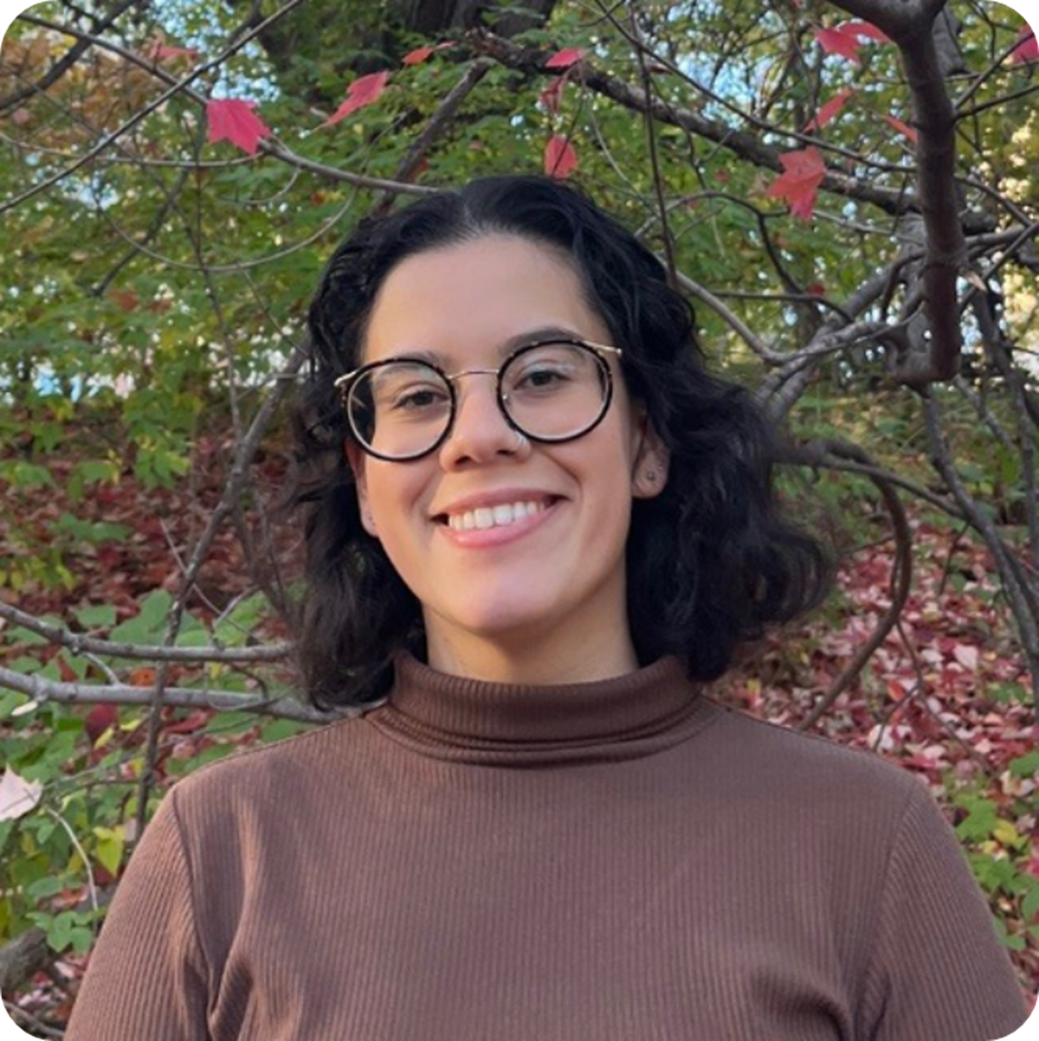
Caroline Powell, BA, MS Candidate University of Iowa
Environmental Outreach Coordinator
Iowa Cancer Consortium
Caroline Powell is the Environmental Outreach Coordinator at the Iowa Cancer Consortium and the staff lead for the Cancer & the Environment Task Force. Originally from New York City, the CDC’s Public Health Associate Program brought her to the Iowa Cancer Consortium, and she is now an MS student in Agricultural Safety & Health at the University of Iowa. Through her work, she aims to improve environmental and occupational health and safety outreach and communication for equitable disease prevention and health promotion.

Audrey E. Tran Lam, MPH
Environmental Health Program Director
UNI Center for Energy & Environmental Education
Since 2017, Audrey has led the CEEE's environmental health initiatives, working where human health and environmental sustainability meet. Her focus area explores the overlap of agricultural practices and their impact on human health. She holds a masters degree in Public Health from the University of Iowa, and a graduate certificate from Johns Hopkins Bloomberg School of Public Health in Food Systems, the Environment, and Public Health.
In addition to her work at the CEEE, Audrey serves on the board of the Pesticide Action & Agroecology Network, as well as on the Executive Committee for the Cancer Free Economy Network and Design Team for Green America’s Soil & Climate Alliance. She holds advisory board positions for the Center for Health Effects of Environmental Contamination, the Collaborative for Health and Environment, and the University of Iowa’s Environmental Health Sciences Research Center Community Engagement Core.
-
Register
- Non-member - Free!
- Member - Free!
- More Information
-
Contains 4 Component(s), Includes Credits
For centuries, zoonotic diseases have impacted humans in many ways. This presentation will focus on vector borne pathogens by discussing the vectors and trends with geographic distribution, temperature effects, and habitat management since the late 1890’s through today and potential future impacts. We are seeing in real time, the expansion of geographic range of certain tick and mosquito species. Between climate changes and globalized travel, the etiology of spread is sometimes clear but can also be difficult to diagnose. As the world has changed and continues to change, zoonotic diseases remain impactful.
Summary: For centuries, zoonotic diseases have impacted humans in many ways. This presentation will focus on vector-borne pathogens by discussing the vectors and trends with geographic distribution, temperature effects, and habitat management since the late 1890’s through today and potential future impacts. We are seeing in real time, the expansion of geographic range of certain tick and mosquito species. Between climate changes and globalized travel, the etiology of spread is sometimes clear but can also be difficult to diagnose. As the world has changed and continues to change, zoonotic diseases remain impactful.
Objectives: At the end of the webinar, participants will be able to...
- Identify historical trends and issues with vector-borne and other zoonotic diseases.
- Summarize One Health concepts and applications to zoonotic pathogens.
- Identify issues and solutions for vector-borne disease prevention in underserved populations.
Intended audience: Physicians, veterinarians, nurses, public health, epidemiologists, general public
Brent Moore, DVM, MS, MPH, DACVPM
Regional Zoonosis Control Veterinarian
Texas Department of State Health Services, Public Health Region 4/5 North
Dr. Brent Moore completed his undergraduate studies at Northwestern Oklahoma State University, his MS and DVM at Oklahoma State University, and his MPH from the University of Florida. He earned board certification by the American College of Veterinary Preventative Medicine in 2016. After graduating veterinary school in 2006, he worked in small animal veterinary practice in Florida for 14 years prior to joining the DSHS Region 4/5N as a regional Zoonosis Control Veterinarian in February 2020. While in practice, he also volunteered time to the Hernando County Animal Services in Florida, managing disease outbreaks and implementing infection control practices. He was an adjunct professor in Microbiology for the last 3 years prior to moving to Texas. Since 2024, he has lectured zoonotic infectious diseases with the University of Texas at Tyler College of Medicine. Since 2021, he has lectured for the DSHS Preventative Medicine residency program, since 2022, the UT-Tyler Occupational Health residency program, and 2024, the UT-Tyler Preventative Medicine residency program. During his 6 years as an MS and DVM student, he worked in at the Oklahoma Animal Disease Diagnostic Laboratory as a research assistant and laboratory technologist in Serology, Virology, Bacteriology, and Mycology, which expanded his interests in public health and infectious diseases. Dr. Moore’s professional interests include surveillance of vector-borne diseases, tracking risks and trends of Brucella suis, and education.
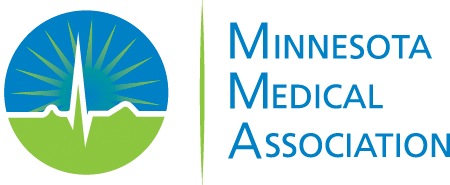
This activity has been planned and implemented in accordance with the accreditation requirements and policies of the Accreditation Council for Continuing Medical Education (ACCME) through the joint providership of the Minnesota Medical Association and AgriSafe Network. The Minnesota Medical Association (MMA) is accredited by the Accreditation Council for Continuing Medical Education to provide continuing medical education for physicians.
The Minnesota Medical Association designates this live activity for a maximum of 1 AMA PRA Category 1 Credit™. Physicians should claim only the credit commensurate with the extent of their participation in the activity.
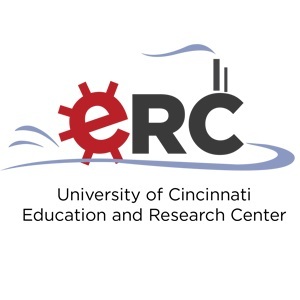
The University of Cincinnati, Department of Environmental and Public Health Sciences, Education and Research Center offers contact hours for this activity. Upon completing the evaluation, learners will receive a certificate of completion. This course can meet continuing education requirements for a variety of professionals including:
- BGC criteria for IH/CIH professionals; https://gobgc.org/
- BCSP criteria for safety professionals; https://www.bcsp.org/recertification/
- CPH criteria for public health professionals; https://www.nbphe.org/certified-in-public-health/cph-recertification/
Please contact your accrediting agency regarding questions about receiving credits for this activity.
-
Register
- Non-member - Free!
- Member - Free!
- More Information
-
Contains 3 Component(s), Includes Credits
The use of virtual and augmented reality simulators for safety training and health curricula is increasing and more available in fire safety, mining, aviation, and healthcare. The next generation of learners will engage in experiential learning throughout their educational journey, beginning in the classroom, and extending to their mobile devices and to on-site activities. This session will describe the advantages and benefits of applying virtual reality (VR) training in the workplace. Lessons learned from piloting a VR training module to increase worker skills and knowledge about the hazards, risks and controls during high risk activities in forest settings will be described.
Summary: The use of virtual and augmented reality simulators for safety training and health curricula is increasing and more available in fire safety, mining, aviation, and healthcare. The next generation of learners will engage in experiential learning throughout their educational journey, beginning in the classroom, and extending to their mobile devices and on-site activities. This session will describe the advantages and benefits of applying virtual reality (VR) training in the workplace. Lessons learned from piloting a VR training module to increase worker skills and knowledge about the hazards, risks, and controls during high-risk activities in forest settings will be described.
Intended Audience: Anyone interested in advancing safety skills in the workplace using virtual reality.
Objectives: At the end of this webinar participants will be able to...
- Describe the benefits of virtual reality immersion experience for workers
- Identify the technological components of VR training
- Explain the forestry hazards and controls that are most relevant for VR safety training
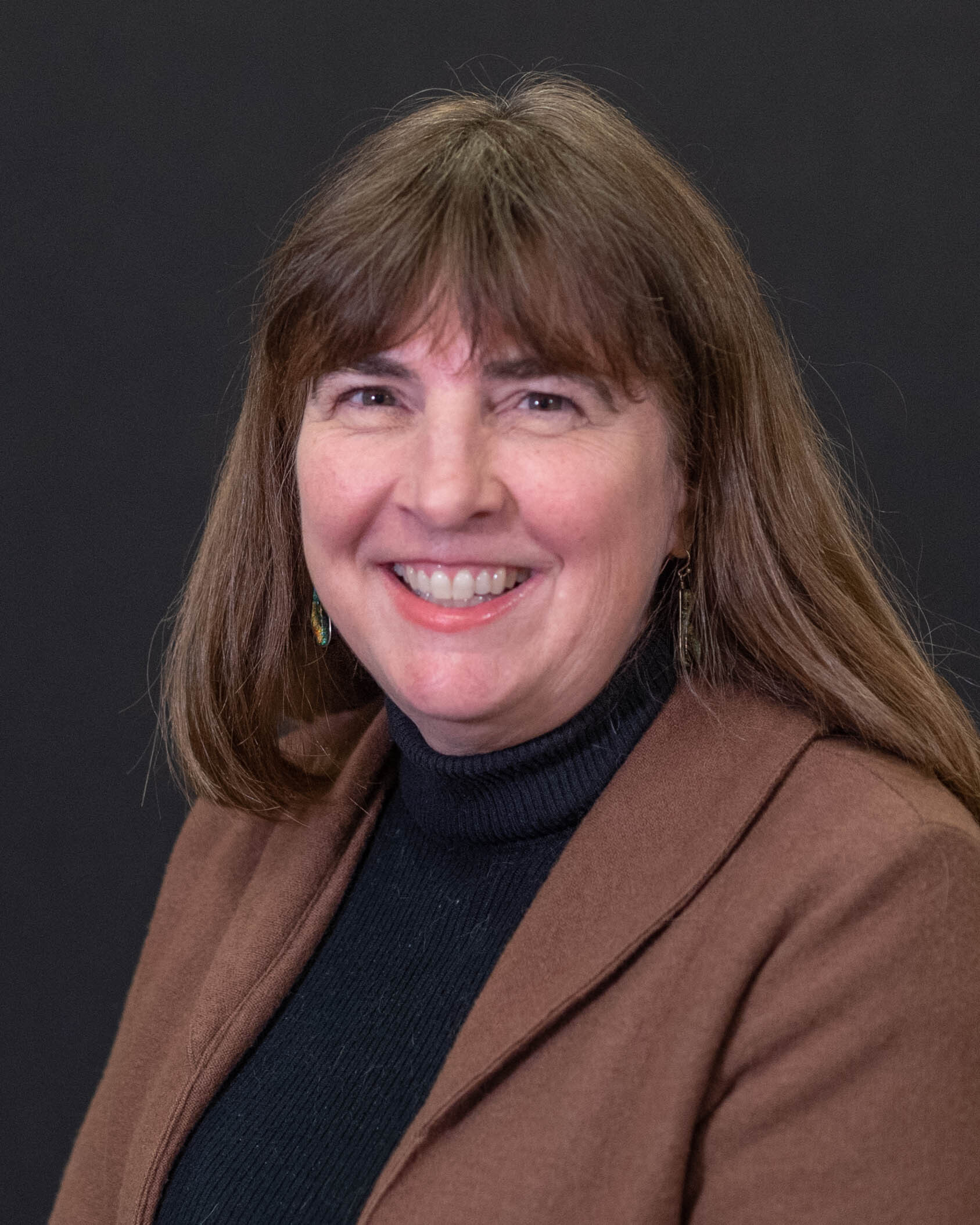
Nancy J. Simcox, MS
Associate Teaching Professor, Director, Occupational Safety and Health Continuing Education Program, Department of Environmental and Occupational Health Sciences, University of Washington School of Public Health
Nancy Simcox is an Associate Teaching Professor and the Director of the Occupational Safety and Health Continuing Education Program (OSHCE) at the University of Washington. She develops and delivers research-based education programs for professionals in the environmental, health, and safety fields, including industrial hygienists, physicians, nurses, and safety engineers. She oversees the creation of new educational programs that address emerging issues identified by workers, employers, and the practice community. Recent programs have covered topics such as forestry and agricultural risks, workplace violence, leadership development, Total Worker Health, and infectious disease prevention.
With over 25 years of experience, Ms. Simcox conducts workplace site visits, designs exposure assessment protocols for evaluation, intervention, and research, and performs data reduction and statistical analysis for health-based research projects. Her research and teaching interests include occupational health intervention research, exposure assessment, safer chemical alternatives, indoor air quality, built environments, pesticides, and healthy home initiatives.
-
Register
- Non-member - Free!
- Member - Free!
- More Information
-
Contains 7 Component(s), Includes Credits
This webinar will focus on opportunities to increase HPV vaccination coverage with rural communities to prevent HPV cancers. We will provide an overview of HPV epidemiology and share efforts by the St. Jude HPV Cancer Prevention Program, including the implementation of six priority action steps, and other strategies for improvement. These steps involve promoting HPV vaccination starting at age 9, compiling and adapting existing resources for rural communities, training healthcare providers in rural areas, exploring policy influences on rural HPV vaccination, developing targeted messages for rural communities, and updating data on HPV vaccination and HPV cancers in rural areas. Participants will gain valuable insights into effective strategies and resources tailored for rural communities.
This webinar will focus on opportunities to increase HPV vaccination coverage with rural communities to prevent HPV cancers. We will provide an overview of HPV epidemiology and share efforts by the St. Jude HPV Cancer Prevention Program, including the implementation of six priority action steps, and other strategies for improvement. These steps involve promoting HPV vaccination starting at age 9, compiling and adapting existing resources for rural communities, training healthcare providers in rural areas, exploring policy influences on rural HPV vaccination, developing targeted messages for rural communities, and updating data on HPV vaccination and HPV cancers in rural areas. Participants will gain valuable insights into effective strategies and resources tailored for rural communities.
At the end of this webinar participants will be able to:
- Understand the current landscape of HPV epidemiology and its impact on rural communities.
- Identify and utilize existing resources and best practices to address HPV vaccination in rural settings.
- Learn strategies for training healthcare providers to promote HPV vaccination in rural areas effectively.
- Explore policy influences and develop targeted messages that resonate with rural audiences to increase HPV vaccination coverage.
Intended audience: Healthcare providers and professionals serving rural communities, public health officials and policymakers involved in rural health, rural health advocates and community leaders. educators and outreach coordinators working in rural health programs, members of organizations dedicated to immunization and cancer prevention in rural areas
Nursing Continuing Professional Development Disclosures:
* This nursing continuing professional development activity was approved by the Midwest Multistate Division, an accredited approver by the American Nurses Credentialing Center's Commission on Accreditation.
* In order to obtain nursing contact hours, you must participate in the entire program and complete the evaluation.
* No relevant financial relationships were identified for any member of the planning committee or any presenter/author of the program content.Continuing Education for Community Health Workers: This program provides 1.00 Hour of DSHS certified CHW CEUs (0.25 hr., Communication Skills; 0.25 hr., Interpersonal Skills; 0.25 hr., Teaching Skills; and 0.25 hr., Knowledge Based on Specific Health Issues)
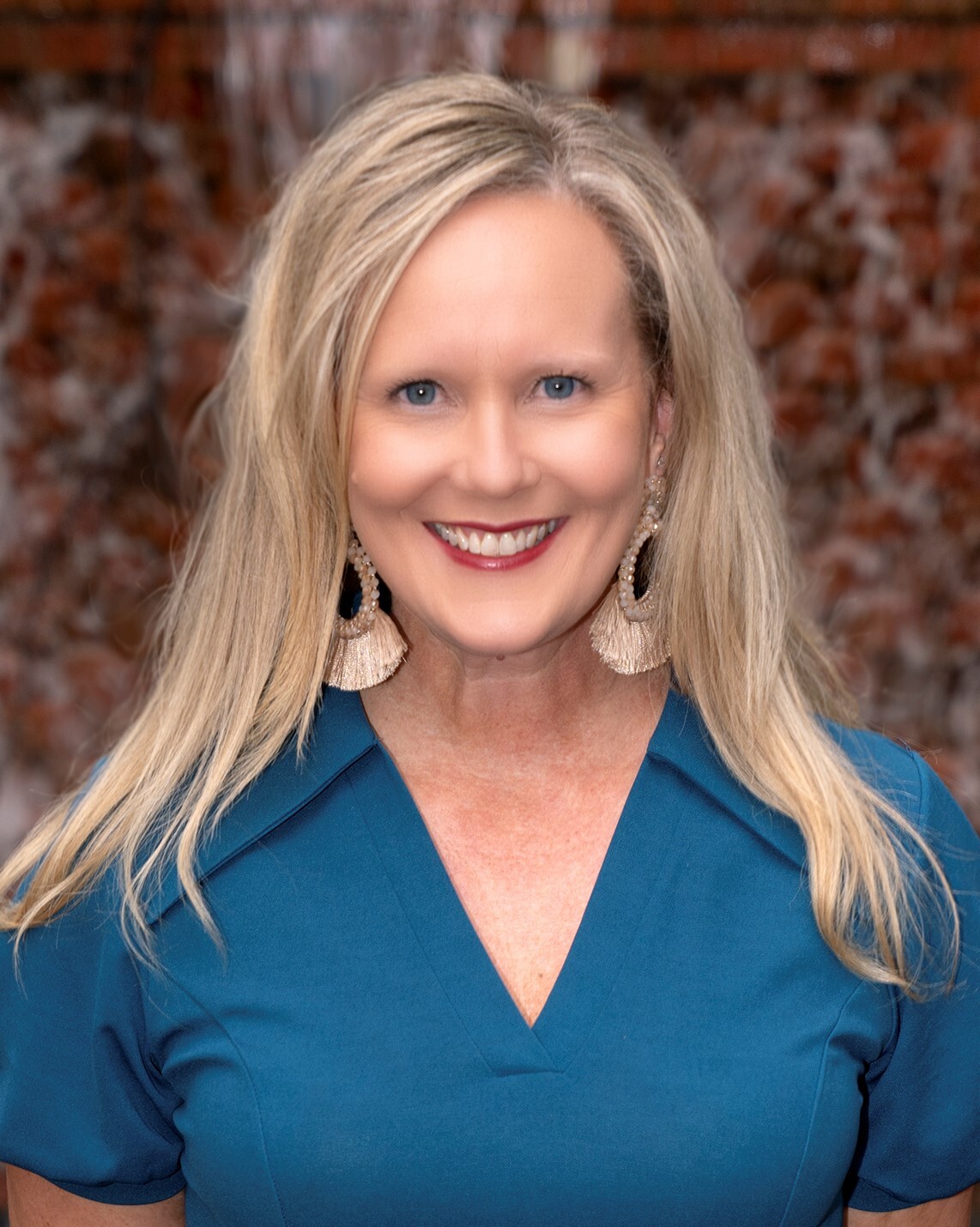
Heather M. Brandt, PhD
Director, HPV Cancer Prevention Program St. Jude Children’s Research Hospital
St. Jude Children's Research Hospital
Heather M. Brandt, PhD directs the HPV Cancer Prevention Program at St. Jude Children’s Research Hospital. She is co-associate director for outreach in the St. Jude Comprehensive Cancer Center and full member in the department of epidemiology and cancer control. She is a faculty affiliate in the University of Memphis School of Public Health and University of South Carolina Arnold School of Public Health. As a social and behavioral scientist, her research interests address disparities in cancer prevention and control and specifically working with partners and thought leaders to effectively use what we know works to increase HPV vaccination coverage.
-
Register
- Non-member - Free!
- Member - Free!
- More Information
-
Contains 3 Component(s), Includes Credits
In this presentation, we will provide an overview of pediatric intellectual and developmental disabilities and will explore the vital resources and supports designed to enhance the lives of individuals and their families. Our goal is to equip you with the knowledge to help families effectively navigate the educational, financial, and support systems both currently and as their children age.
Summary: In this presentation, we will provide an overview of pediatric intellectual and developmental disabilities and will explore the vital resources and supports designed to enhance the lives of individuals and their families. Our goal is to equip you with the knowledge to help families effectively navigate the educational, financial, and support systems both currently and as their children age.
Intended Audience: Rural community members, professionals working with individuals with IDD and their families, and caregivers of children with intellectual and developmental disabilities (IDDs)
Outcomes: At the end of this webinar participants will…
-> Communicate an overview of pediatric intellectual and developmental disabilities.
-> Discuss school services and community-based resources available for children with developmental disabilities.
-> Identify ways to help prepare individuals and families for transition into the adult world.
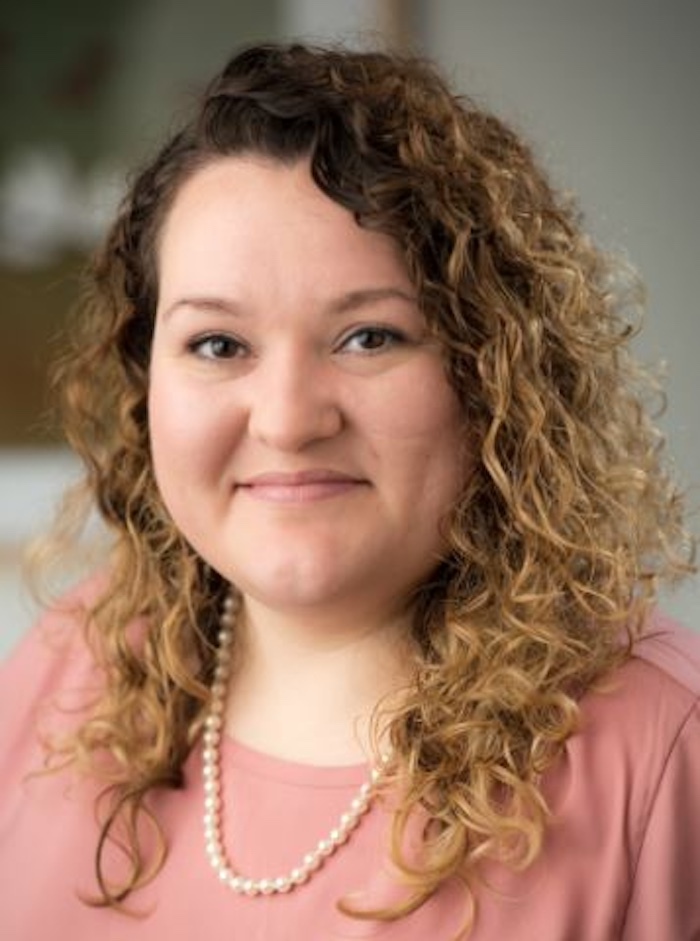
Jennifer Cervantes, LCSW-S
Director of Community Outreach and Education for the Meyer Center for Developmental Pediatrics and Autism at Texas Children’s Hospital, Assistant Professor of Pediatrics at Baylor College of Medicine
Jennifer Cervantes, LCSW-S, is the Director of Community Outreach and Education for the Meyer Center for Developmental Pediatrics and Autism at Texas Children’s Hospital and is an Assistant Professor of Pediatrics at Baylor College of Medicine in Houston, TX. In addition to direct clinical social work services for children with developmental diagnoses and their families, Jennifer works with learners from various disciplines as well as community professionals to provide competent, inclusive, and ethical care to neurodiverse individuals and their families. She also serves as a field instructor for social work student interns and is a board-approved clinical supervisor for those Licensed Master Social Workers pursuing clinical licensure in Texas. Jennifer is the current co-chair of the Society for Developmental and Behavioral Pediatrics Advocacy Committee and was the 2023 recipient of the University of Houston Clear Lake’s Early Career Achievement Award. Her other professional experience includes work in the areas of foster care and adoption, the criminal justice system, school-based social work, and the provision of private therapy service
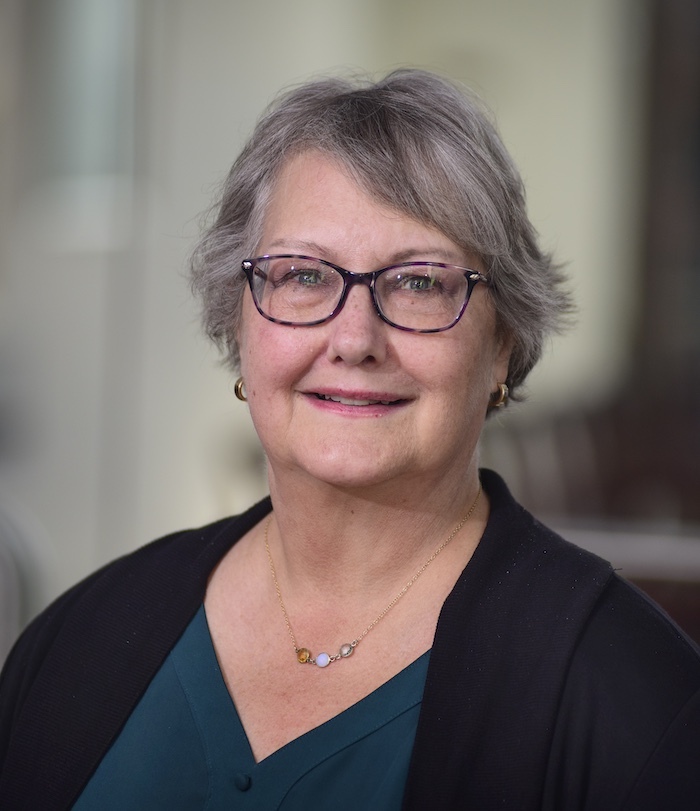
Dinah Godwin, LCSW-S
Director of Social Work for the Meyer Center for Developmental Pediatrics and Autism at Texas Children’s Hospital
Dinah Godwin, LCSW-S, is the Director of Social Work for the Meyer Center for Developmental Pediatrics and Autism at Texas Children’s Hospital. Dinah is nationally recognized for providing clinical social work services for children with developmental diagnoses and their families. In addition to her clinical role, she facilitates educational groups for families as well as multidisciplinary professionals from a wide range of disciplines. As an Associate Professor of Pediatrics at Baylor College of Medicine, Dinah educates pediatric residents, developmental-behavioral pediatric fellows, social work interns, and trainees from other disciplines. Her other professional experience includes community outreach and education, program development and evaluation, grant writing, and grants management. Dinah is a current board member for the Society for Developmental and Behavioral Pediatrics, the first social worker to sit on this board, and has been recognized for her excellence in teaching and evaluation through receipt of a Norton Rose Fulbright Faculty Excellence award. University of Houston Clear Lake also named Dinah as field instructor of the year for excellence in her work with social work student interns.
-
Register
- Non-member - Free!
- Member - Free!
- More Information
-
Register
-
Contains 3 Component(s), Includes Credits
This webinar will present the usefulness of telehealth communications as a way to promote and provide mental health services within agricultural communities and the industry. This will assist in helping understand the multiple benefits of utilizing telehealth from a logistical, financial, and clinical perspective. And how the use of telehealth services can remove barriers that have traditionally deterred members of agricultural/rural communities from seeking mental health treatment.
Summary: This webinar will present the usefulness of telehealth communications as a way to promote and provide mental health services within agricultural communities and the industry. This will assist in helping understand the multiple benefits of utilizing telehealth from a logistical, financial, and clinical perspective. And how the use of telehealth services can remove barriers that have traditionally deterred members of agricultural/rural communities from seeking mental health treatment.
Intended Audience: Professionals and supporters who are engaged in the promotion of health and well-being for individuals and families within agricultural communities.
Outcomes: At the end of this webinar participants will…
- Understanding what telehealth services are and how they are currently being utilized in the healthcare field.
- Identifying different benefits of telehealth services for agricultural workers and rural communities.
- Learning how to promote telehealth services to encourage greater utilization of mental health resources.
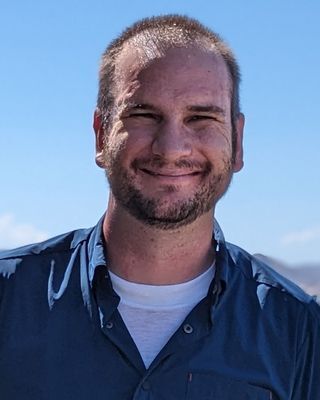
Stephen Bunnell, LCSW
Licensed Clinical Social Worker
Stephen is a Licensed Clinical Social Worker and 4th generation farmer. He currently provides therapy for agricultural families via telehealth in multiple areas within the western United States.
-
Register
- Non-member - Free!
- Member - Free!
- More Information
-
Contains 3 Component(s), Includes Credits
Resources to Support Disaster Preparedness and Response and Violence Prevention in Rural Communities
This presentation will share information and resources about disaster preparedness and response and violence prevention in rural communities. Presenters from the Rural Health Information Hub (RHIhub) and the NORC Walsh Center for Rural Analysis will discuss the Emergency Preparedness and Response Toolkit, Violence and Abuse topic guide, and other prevention-related resources for rural communities and leaders, emergency preparedness and response professionals, healthcare professionals, first responders, local public health departments, human and social services organizations, hospitals and other healthcare facilities, and others working to help and support rural communities recover from disasters and violence.
Summary: This presentation will share information and resources about disaster preparedness and response and violence prevention in rural communities. Presenters from the Rural Health Information Hub (RHIhub) and the NORC Walsh Center for Rural Analysis will discuss the Emergency Preparedness and Response Toolkit, Violence and Abuse topic guide, and other prevention-related resources for rural communities and leaders, emergency preparedness and response professionals, healthcare professionals, first responders, local public health departments, human and social services organizations, hospitals and other healthcare facilities, and others working to help and support rural communities recover from disasters and violence.
Intended Audience: Rural communities and leaders, emergency preparedness and response professionals, healthcare professionals, first responders, local public health departments, human and social services organizations, hospitals and other healthcare facilities, and others working to help and support rural communities recover
Outcomes: At the end of this webinar, participants will…
-Understand what types of information and resources are available in the Emergency Preparedness and Response Toolkit and in the Violence and Abuse Topic Guide
-Be aware of the lessons learned and key points from a set of 31 case studies related to rural disaster response and recovery
-Learn where to find additional resources related to violence and abuse prevention and support in rural communities
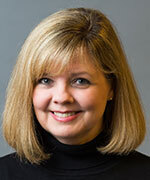
Alana Knudson, PhD
Senior Fellow in the Public Health Research Department at NORC at the University of Chicago, Director of NORC’s Walsh Center for Rural Health Analysis
Alana Knudson, PhD, serves as a Senior Fellow in the Public Health Research Department at NORC at the University of Chicago and is the Director of NORC’s Walsh Center for Rural Health Analysis. She has over 30 years of experience leading health research studies, evaluating program effectiveness, and translating findings into practice. Alana’s passion is to make a meaningful difference in the health and well-being of rural residents and other underserved populations.
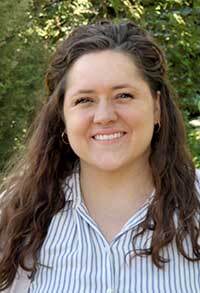
Makenzie Atherton, MPH
Content Development Coordinator
Makenzie Atherton, MPH, has served at the Content Development Coordinator at the Rural Health Information Hub (RHIhub) since 2019. She has 10 years of experience working with rural health issues, which ranges from addressing and meeting the information needs of rural communities and partners working to improve rural population health, evaluating rural programs, and working directly with emergency medical services (EMS), first responders, and hospitals on a rural healthcare delivery grant across a seven-state region.
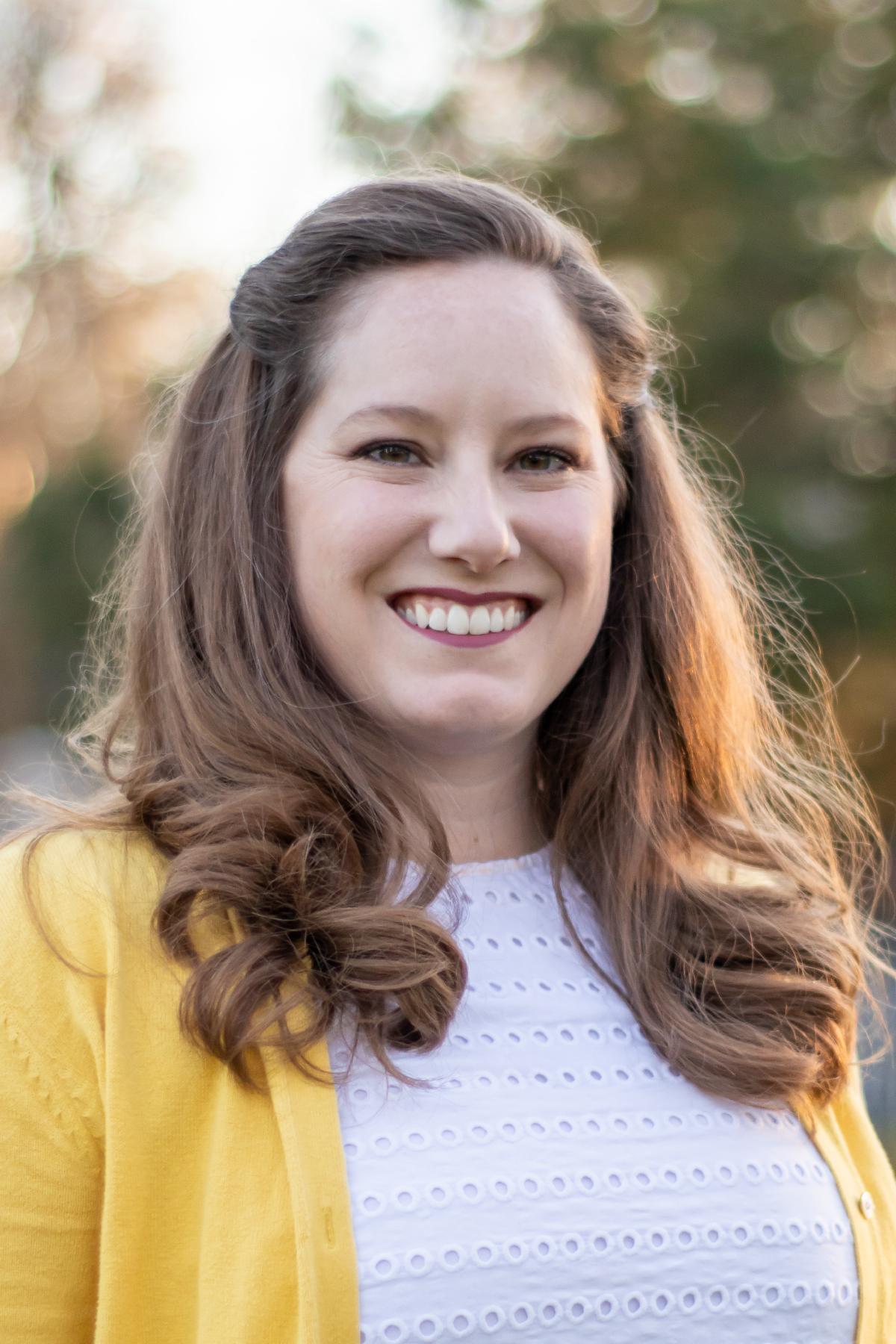
Sarah Dauterive, MLIS
Information Specialist
Sarah Dauterive, MLIS, is an Information Specialist at the Rural Health Information Hub (RHIhub) where she maintains the Online Library on a variety of topics including agricultural health and safety and rural violence and abuse. For 13 years she has worked on content curation, information architecture, web design, and information retrieval in various academic libraries and nonprofit organizations.
-
Register
- Non-member - Free!
- Member - Free!
- More Information
-
Register
Quick Search
Technical Difficulties
Submit a help ticket if you need technical assistance.
Having Computer Issues? Please check your internet browser and security settings to allow permissions for this website. Browsers: Microsoft Edge version 40 or higher; Chrome version 60 or higher, Firefox version 50 or higher; or Safari version 10.1 or higher. We recommend using Google Chrome or Firefox as your browser.
